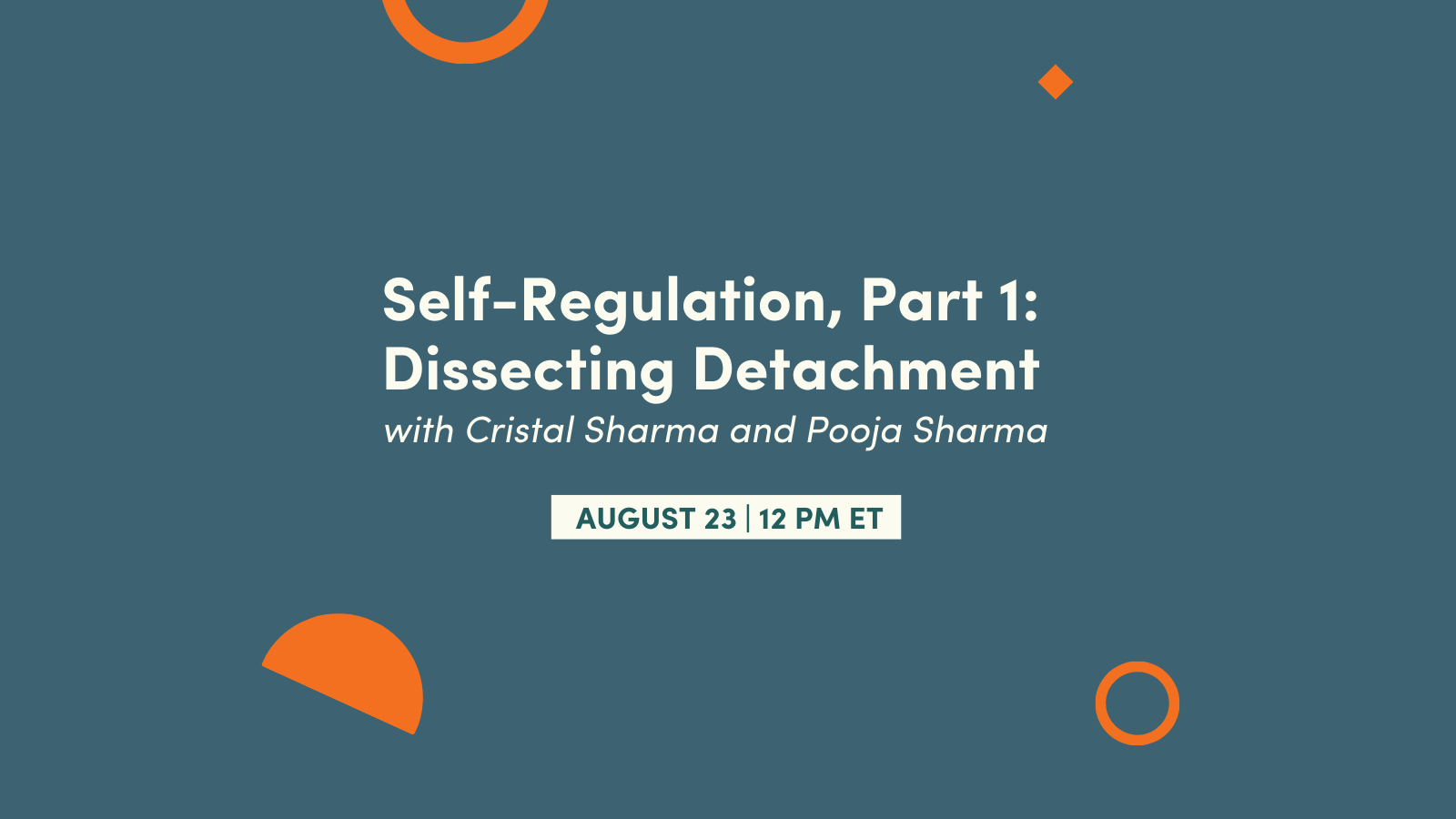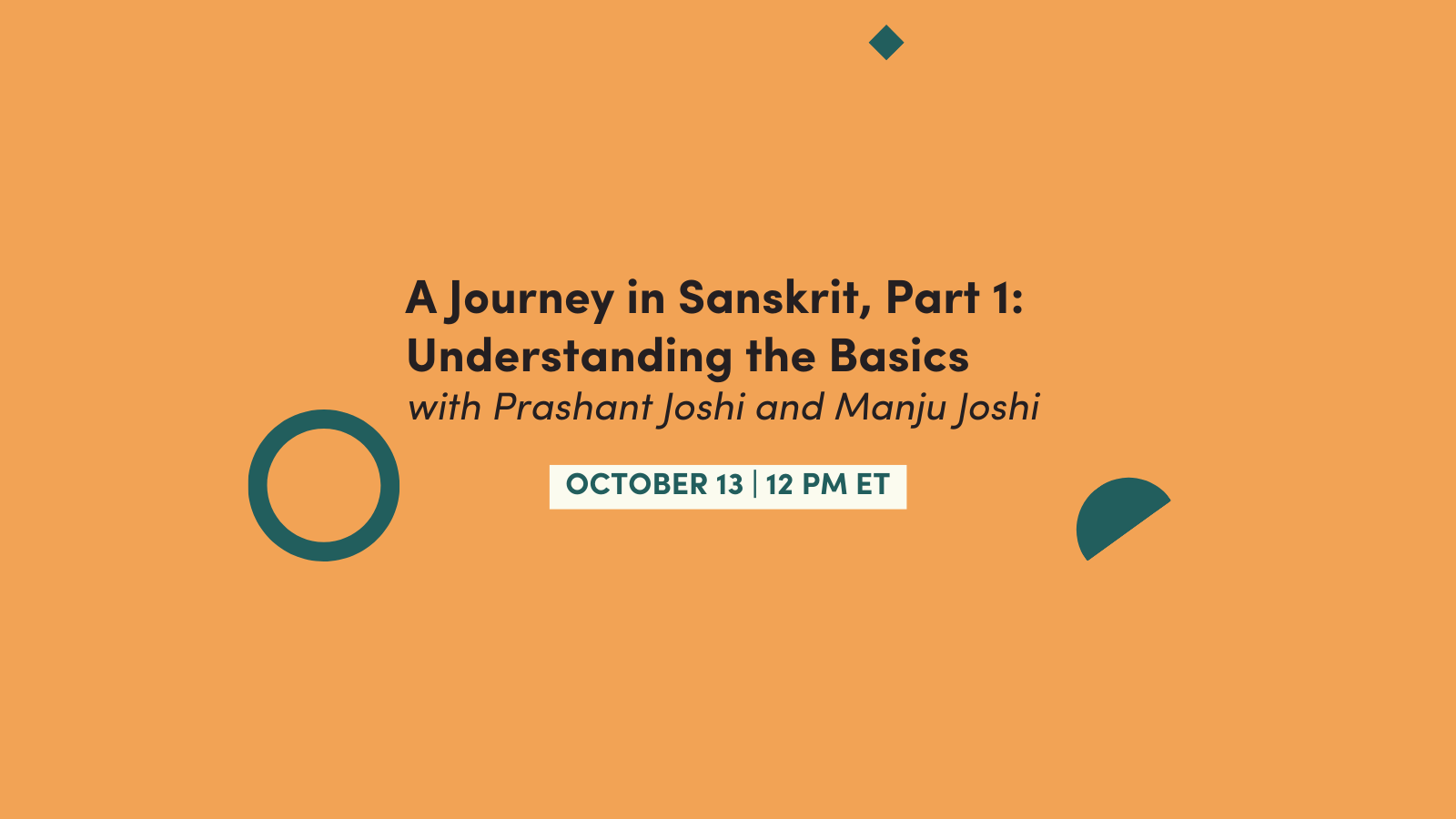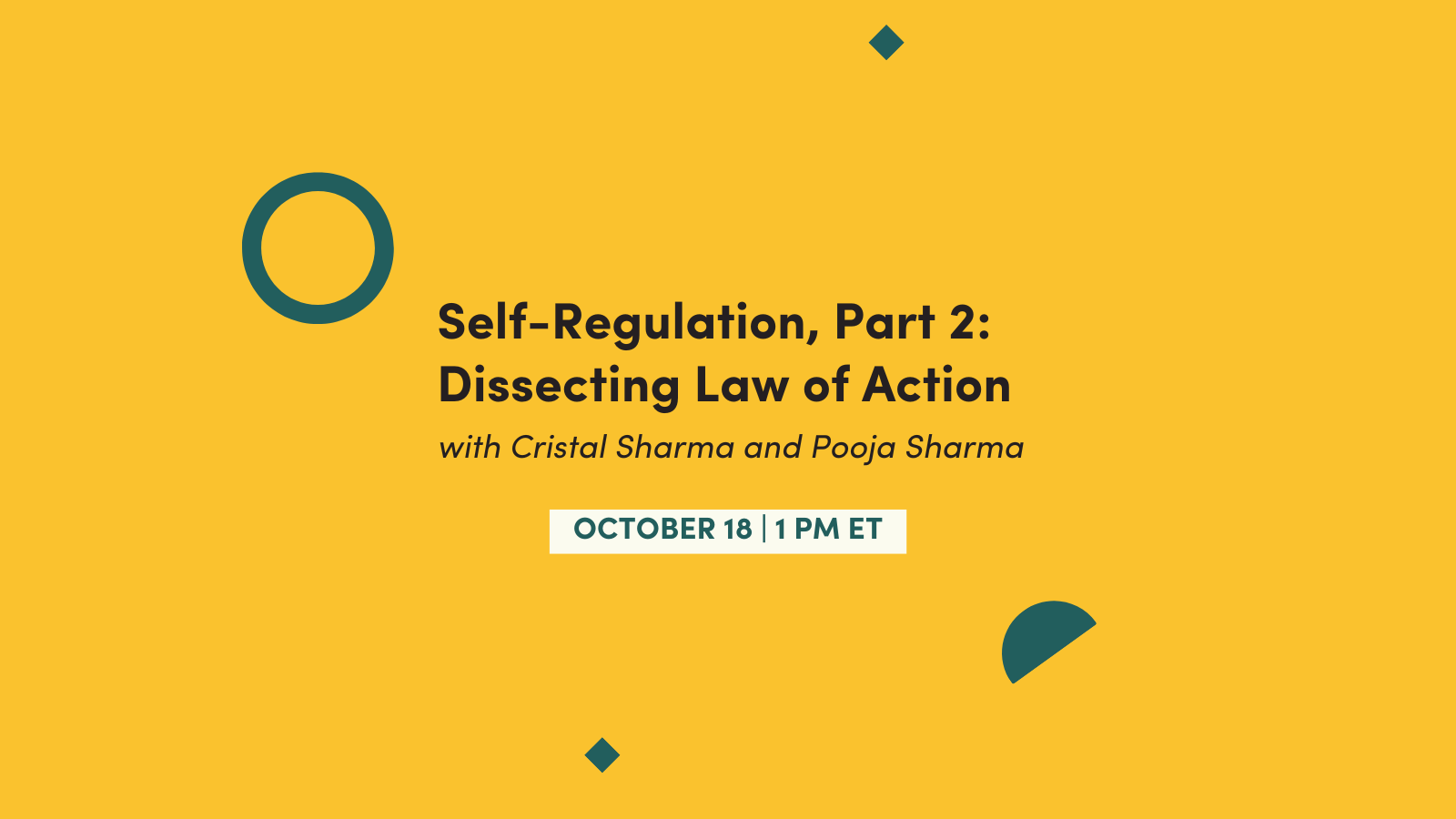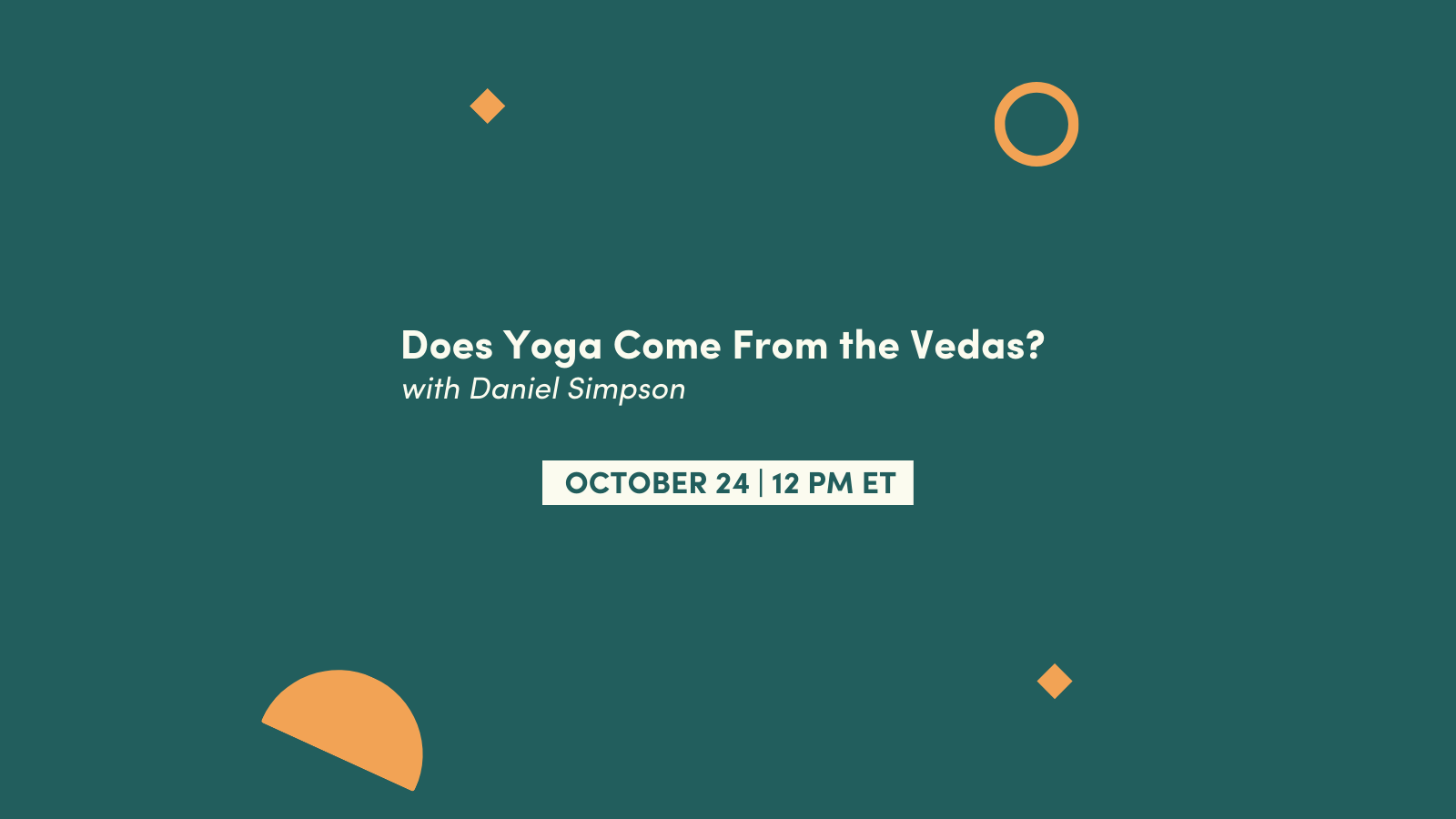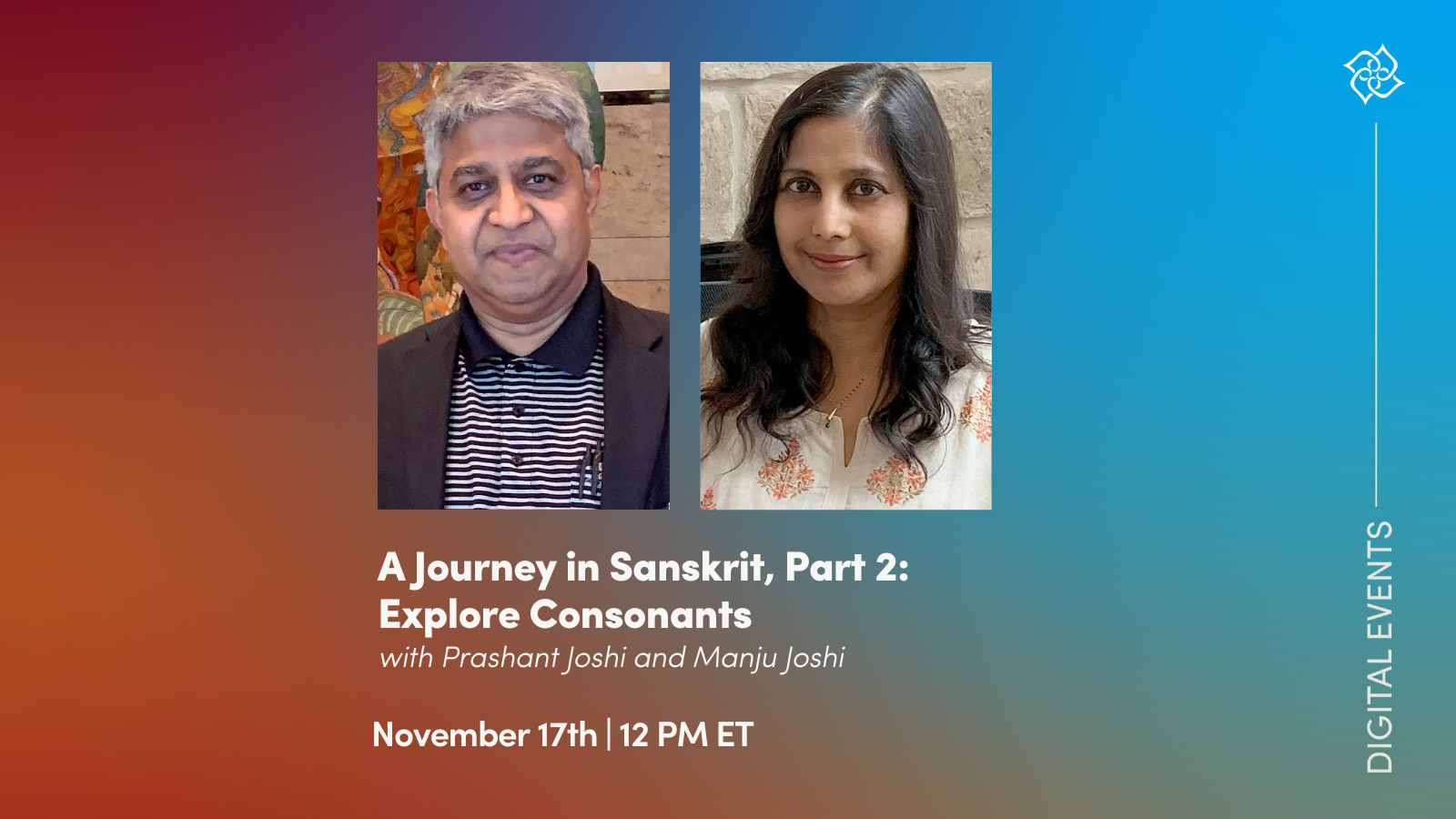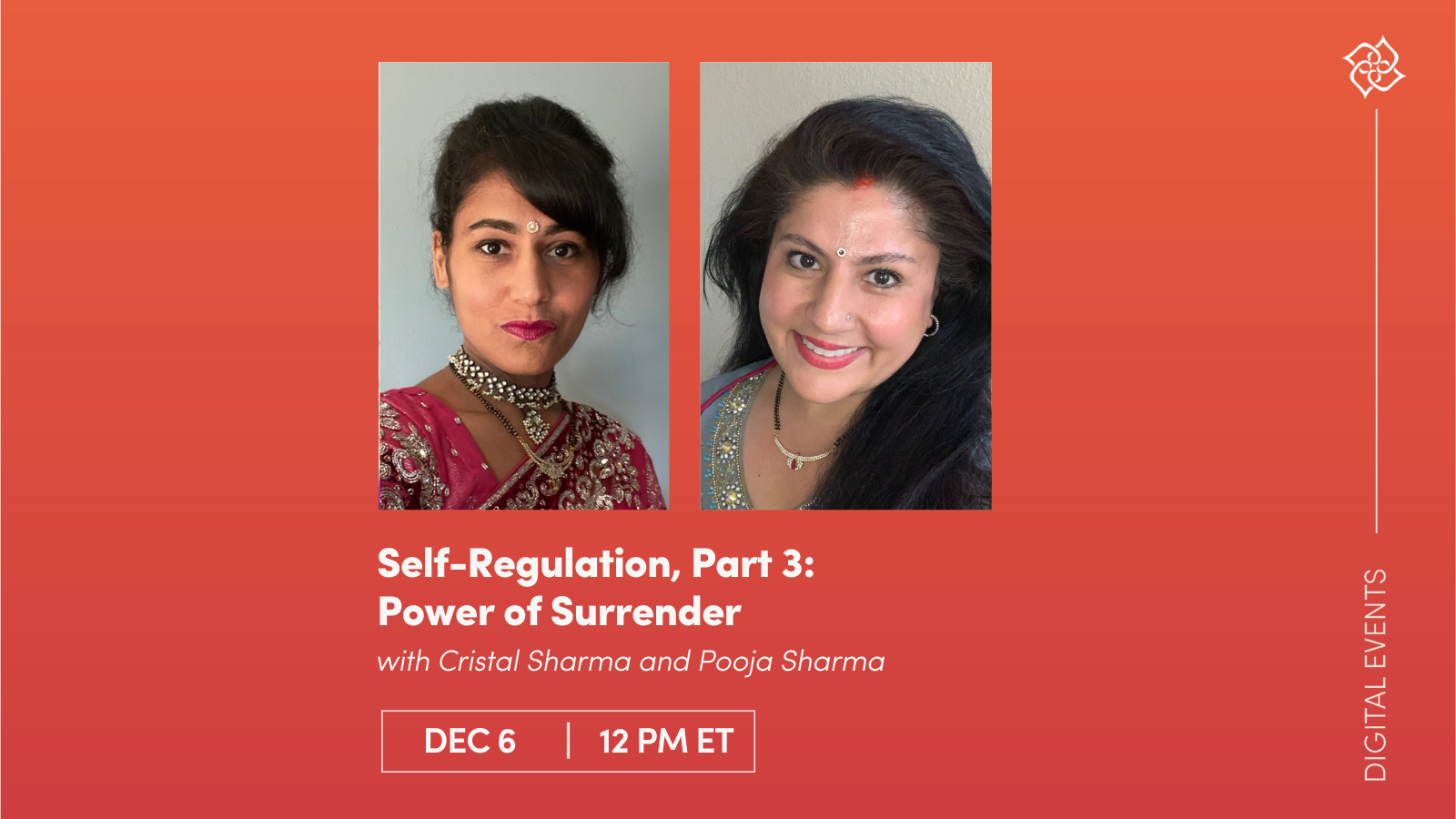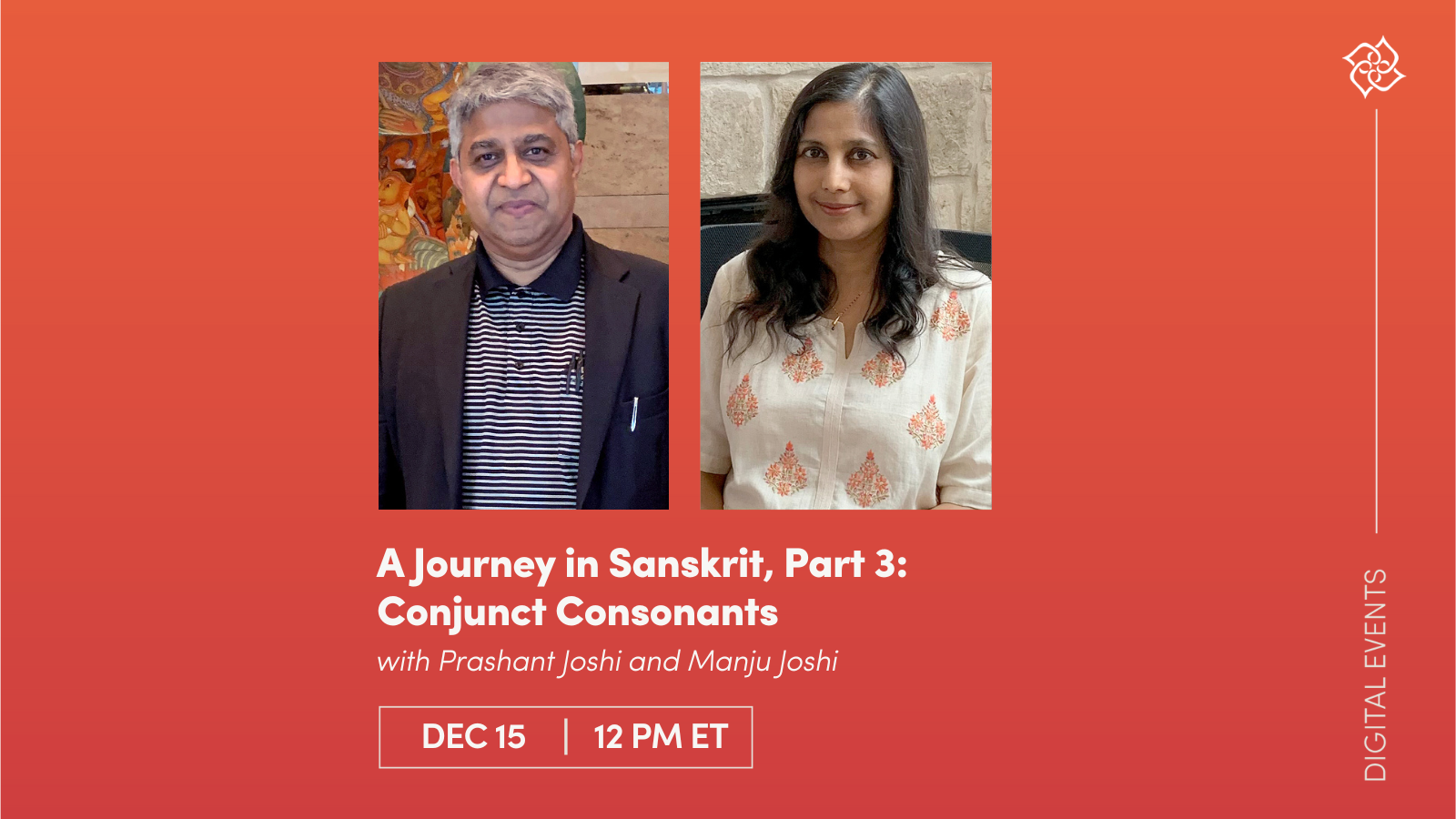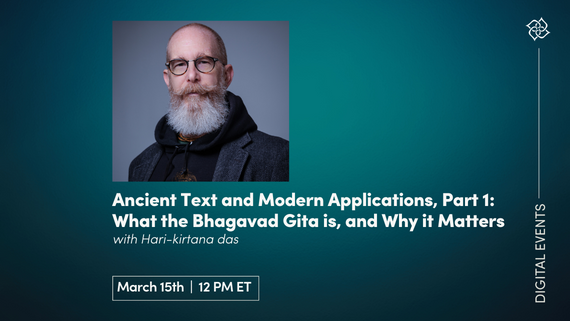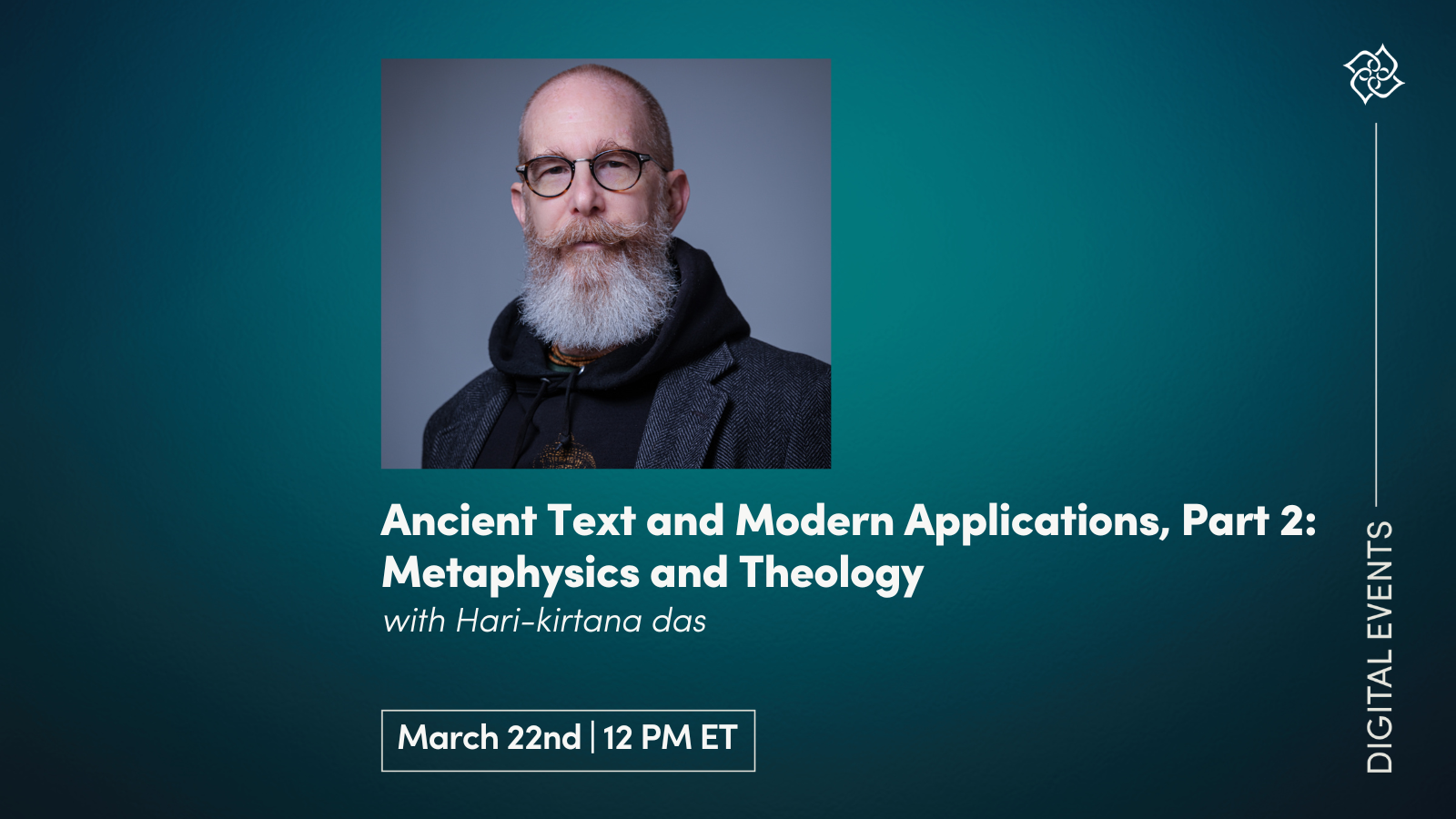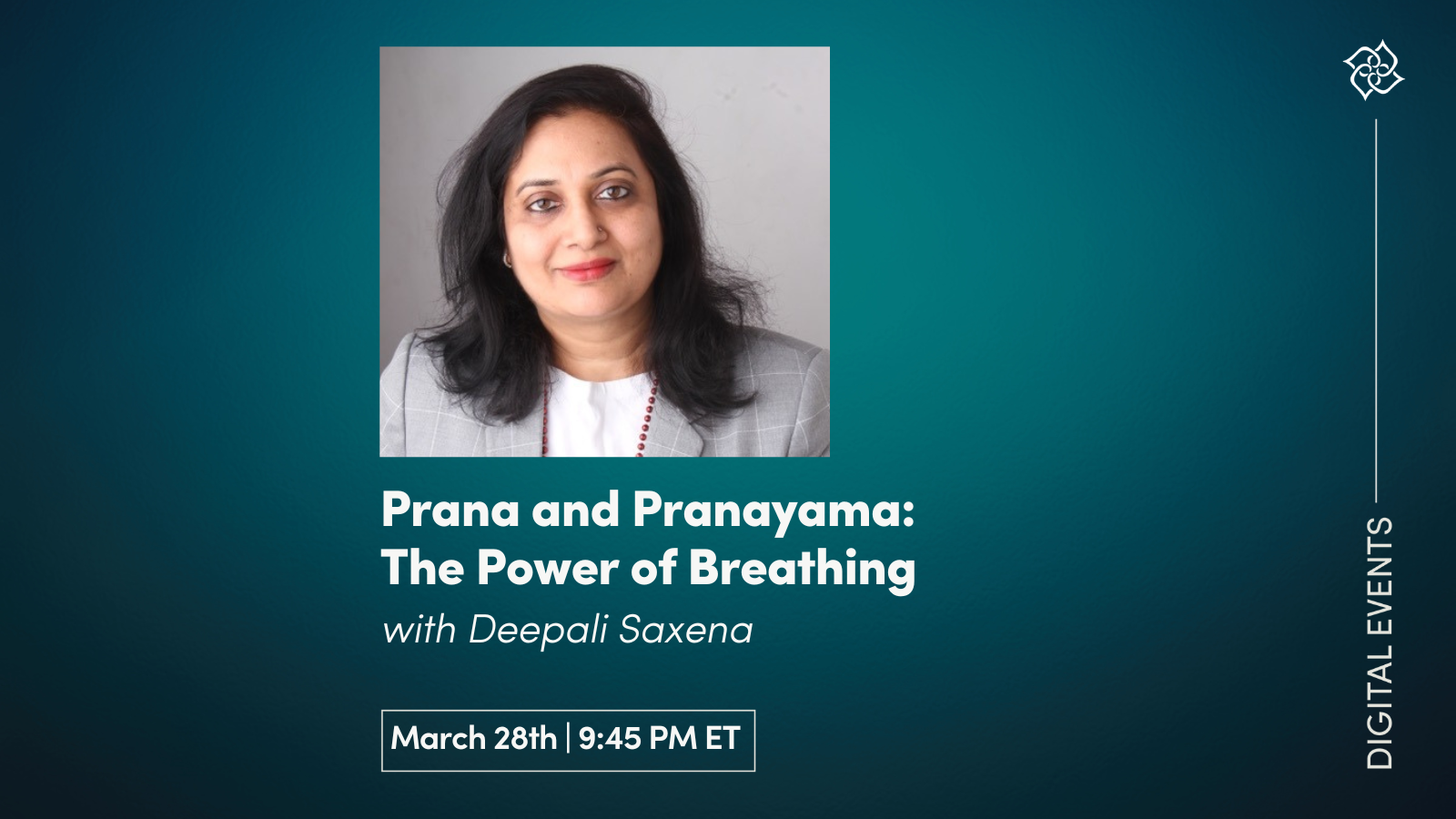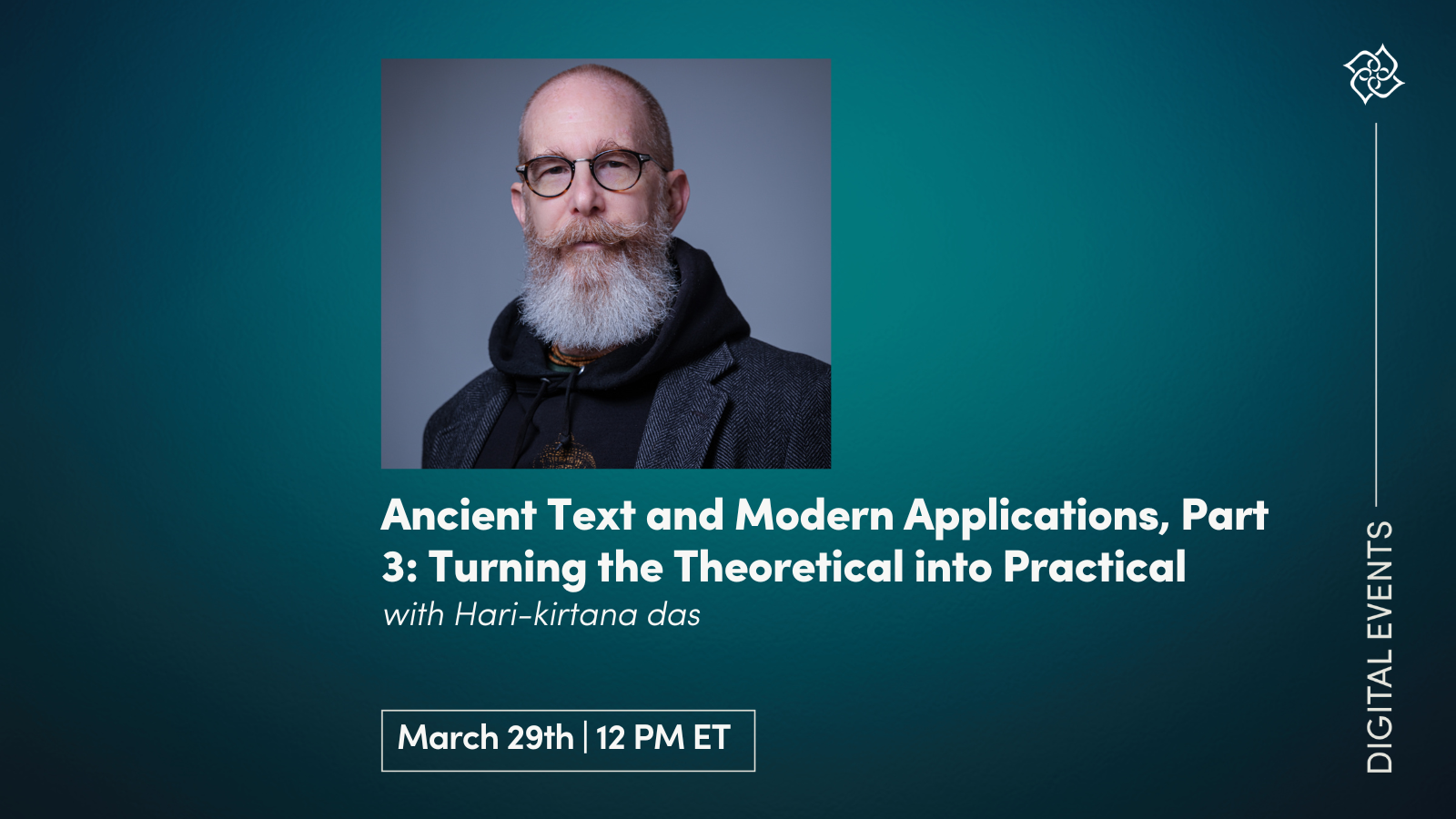CE Workshop | Self-Regulation, Part 1: Dissecting Detachment
Lean into the wisdom from The Bhagavad Gita to implement emotional, physical, and cognitive self-regulation tools to improve your daily life both as a teacher and student. This three-part series on self-regulation will begin by exploring how to create a healthy foundation of detachment which in turn can support you in building a thriving physical, personal, and professional life of non-attachment.
In this workshop, you'll learn:
· The meaning of detachment and how you can apply this concept in your daily life
· How to introduce detachment as a yoga teacher and connect it with poses and meditation
· Why you don't need to be a scholar to teach yoga philosophy
· How to introduce detachment as a yoga teacher and connect it with poses and meditation
· Why you don't need to be a scholar to teach yoga philosophy
Recommended Reading for Workshop
1. Bhagavad Gita by Stephen Mitchell — this is the translation that will be used to lead discussion
2. Potential self-regulatory mechanisms of yoga for psychological health
2. Potential self-regulatory mechanisms of yoga for psychological health

